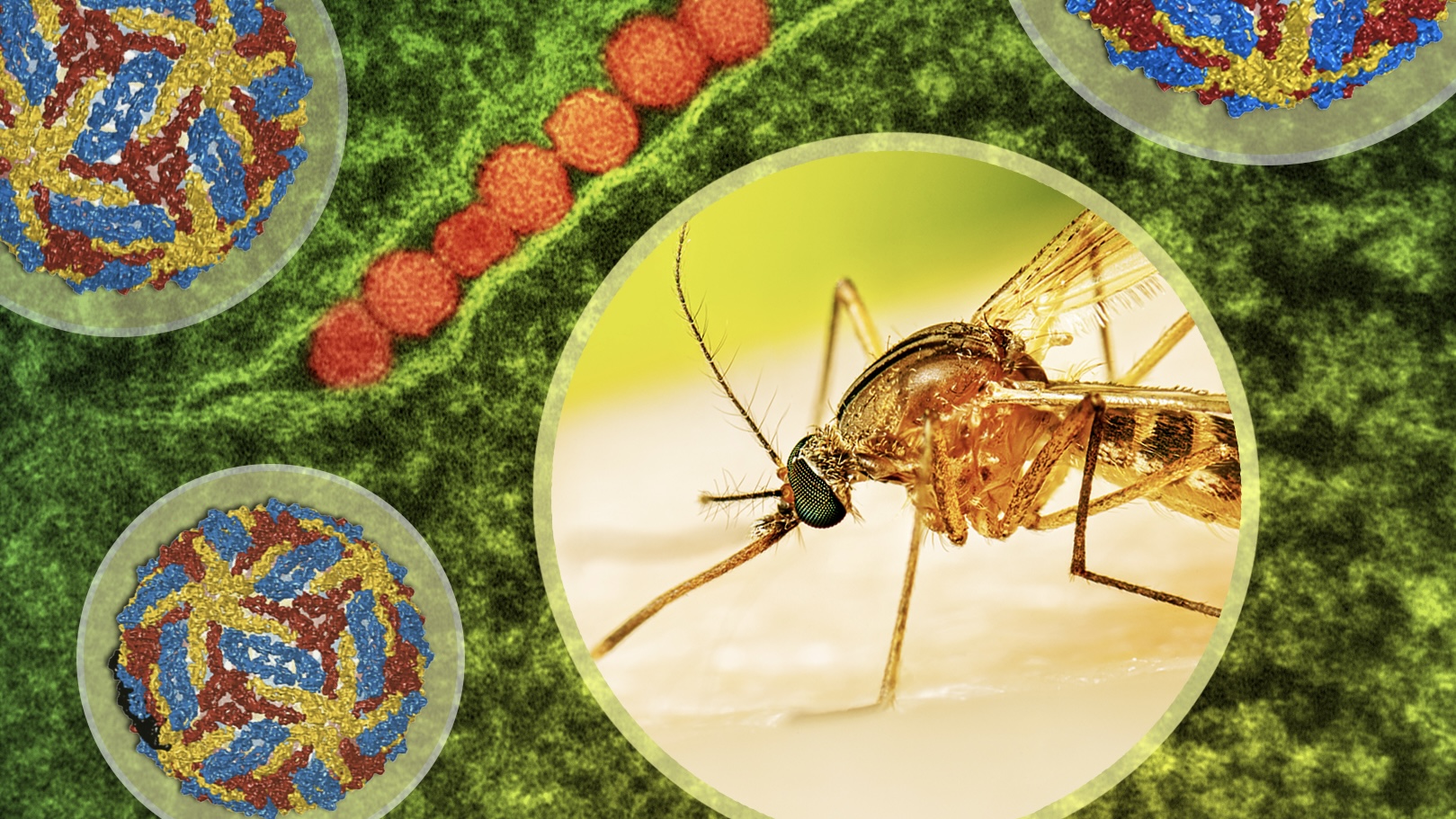As the climate warms, many mosquito species are spreading to new regions – and potentially bringing diseases like dengue and Zika with them.
Wray: “The concern with mosquitoes in general is that a number of the many species of mosquitoes are disease-bearing.”
Ricardo Wray is a professor of public health at Saint Louis University in Missouri.
He’s part of a team that’s piloting the use of an app that allows volunteers to help track the spread of mosquitoes in the Saint Louis region.
The app, called Mosquito Alert, was developed in Spain and is used in Europe and other parts of the world.
With the app, anyone can learn about mosquitoes and upload pictures of them, which are sent to scientists for identification. The data is then shared with public health officials.
Wray’s team is recruiting people to use the app and adapting it for local species. He hopes it will provide much-needed data, especially in areas with limited resources for mosquito monitoring.
Jean Ponzi is with the Missouri Botanical Garden, a project partner.
Ponzi: “It adds our eyes, our personal technology, to the capacity of public health professionals to monitor what kind of mosquitoes do we have and how much of a response do we need to mount.”
Reporting credit: Ethan Freedman / ChavoBart Digital Media
We help millions of people understand climate change and what to do about it. Help us reach even more people like you.
Source link


